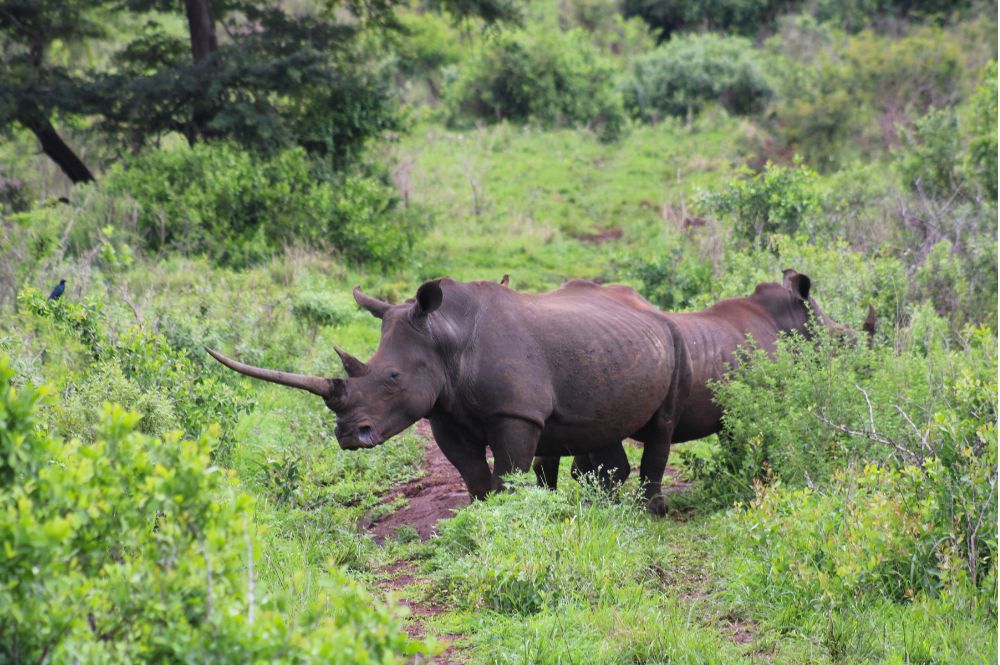Global experts gathered in Pretoria, South Africa last week to participate in the Convention on International Trade in Endangered Species of Wild Fauna and Flora (CITES) Rhinoceros Enforcement Task Force, the first meeting of this group since 2013.
Despite concerted efforts at national and international levels, poaching remains a significant threat to these iconic species. To stop poaching, we must focus on the upper echelons of criminal trafficking syndicates, disrupting transnational organised crime networks through dedicated and collaborative action, within and across borders. The Rhino Enforcement Task Force is convened under CITES to develop strategies to strengthen efforts to address these threats.
The Task Force brings together rhino experts, government officials and law enforcement representatives from rhino range states, transit countries and demand countries. It provides a vital platform to share intelligence, strengthen cross-border cooperation and develop coordinated responses to rhino crimes. Crucially, it provides opportunities for experts to identify actionable solutions that can enhance on-the-ground enforcement and improve international collaboration in addressing this as a form of transnational organised crime. Participants can share information on the latest modern technologies and ways to improve intelligence and investigation coordination and capacity. This ensures the best approaches and latest systems, including forensic tools such as DNA analysis, can be used to stop rhino criminals.
In his closing address, South Africa’s Minister of Forestry, Fisheries and the Environment, Dr Dion George, acknowledged the urgency of this work, “I am excited that you have found practical solutions to address the barriers to effective collaboration and have managed to establish more agile and responsive mechanisms with the understanding that it is our actions that need to contribute effectively to the protection of the world’s scarce resources from being targeted by sophisticated international organised criminal syndicates.” He further noted, “It is now our responsibility to translate the recommendations and strategies developed over the last few days into meaningful implementation and action”.
At Save the Rhino International, we welcome the collaborative spirit shown at the Task Force meeting. Events like these may not generate headlines, but they lay the groundwork for substantial action. The poaching crisis won’t be solved overnight, but this complex global challenge will require continued dedication of international partners if we are to sustain progress.
We hope the momentum generated last week leads to tangible improvements in enforcement and, ultimately, better protection for rhinos in the wild. In the lead-up to the CITES Conference of the Parties in November – where decisions that shape global wildlife trade policy are made – we’ll be sharing regular updates on actions to address the illegal rhino horn trade. Keep an eye on this blog and all our channels for the latest news.








